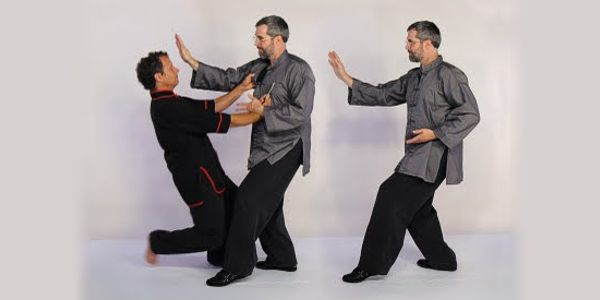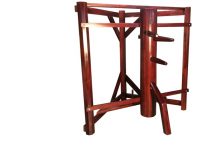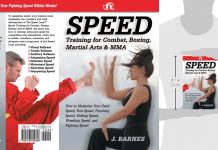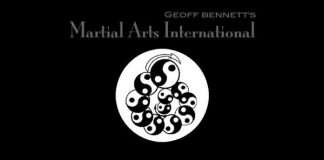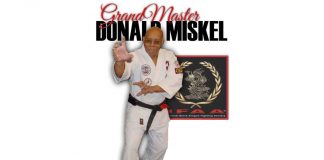I practice karate (Ryukyu kempo and Isshin-ryu) and tai chi chuan. Most people think of me as a karate guy. So, I find it amazingly entertaining to be teaching kung fu practitioners. You may not know this, but, the usual criticism of karate practitioners by kung fu practitioners, is that karate practitioners are too stiff. So, I am so entertained when I teach kung fu guys, because what I usually tell them is, “You’re too tense. Relax kung fu practitioners.”
Reading this, you are probably thinking that I learned how to relax from doing tai chi, but, that is not true. In tai chi I learned the wrong lesson – how to be limp (thanks go out to Sifu Richard Mooney who pointed out to me that tai chi is not supposed to be limp, it is supposed to firm and full). I learned to relax from doing karate. Then, I applied that knowledge to my tai chi.
Relaxation is a product of proper body alignment. When the body is positioned properly, it can relax and move naturally. Improper alignment leads to tension and stiffness. Let me give you a specific example. In karate, we chamber the fist at the hip, elbow tucked, armpit closed, arm hugged close. In comparison, I have seen many kung fu practitioners (especially Hung gar stylists) with the fists held floating over the hip. Because it is floating, the muscles of the shoulder must be engaged to keep the fist in place. The result is that the shoulders tense up. If the shoulders tense up, the entire upper body tenses up, and the center of gravity rises from the dantien (tanden, hara, lower abdomen) up into the chest. This destroys the root, the connection to the ground, and causes the upper body too lean and tense up even more.
In contrast, the karate chamber is against the body. A gentle squeeze of the armpit is all that is necessary to hold the fist in place. The shoulder muscles are not engaged at all, so the shoulders remain relaxed and sunk. The center of gravity remains in the dantien, and the entire body is aligned and relaxed. In fact, done properly, karate is the laziest art I know.
Now, in fairness to kung fu practitioners, most karate practitioners I know are also too tense. It is not really kung fu verses karate, it is really proper training in body alignment verses poor training. In fact, I would argue that the first lesson is not how to relax, but how to stand and move. Once the standing and moving is correct, relaxation follows naturally.
So, what is the best way to learn this? Well, it helps to have a really good teacher (but that can actually be a challenge). But, your own body is the best teacher of all. Simply pay very close attention. Does a movement feel easy or difficult, comfortable or strained? Do your movements feel as if they fall within a comfortable range of motion, or do they stretch and reach too far? Do your joints feel stressed, are they aligned? Are your shoulders down and relaxed, or are they raised and tight? So, listen to your body, learn how to move in relaxed and effortless ways. It’s in you already if you listen.
Thanks for reading, now, go train,
Chris Thomas


